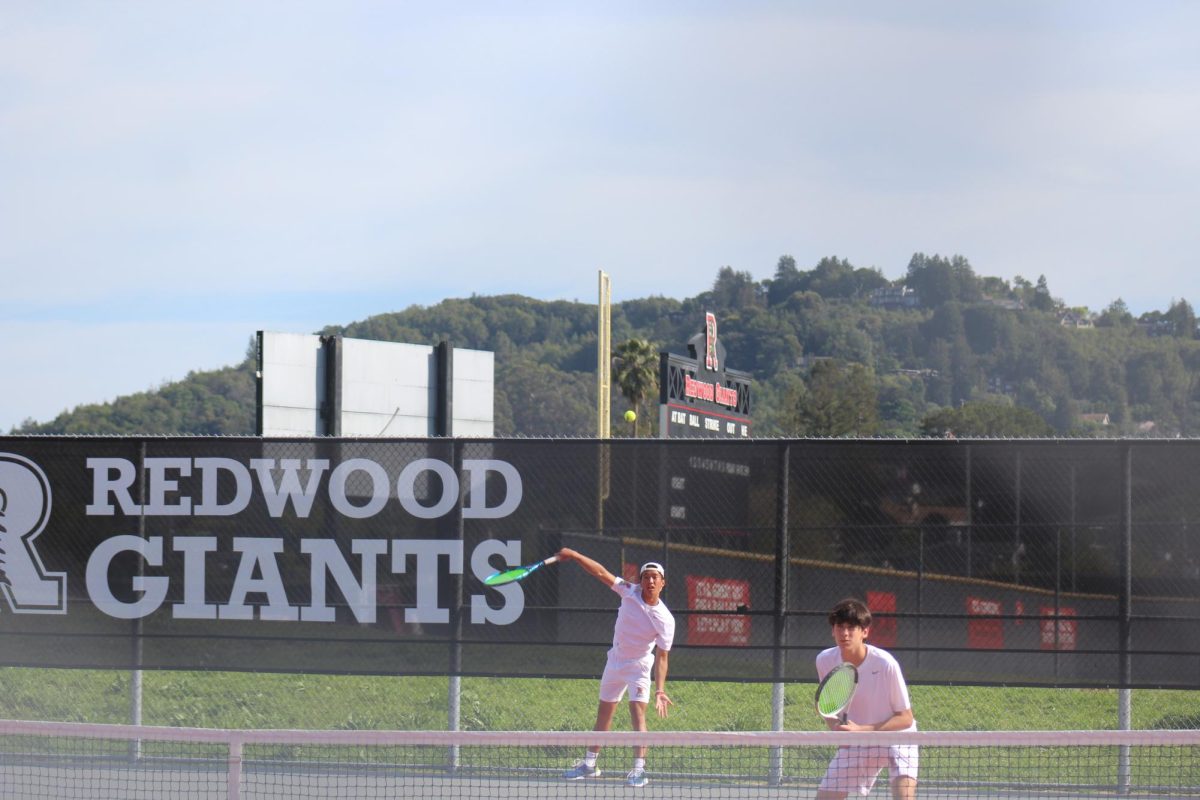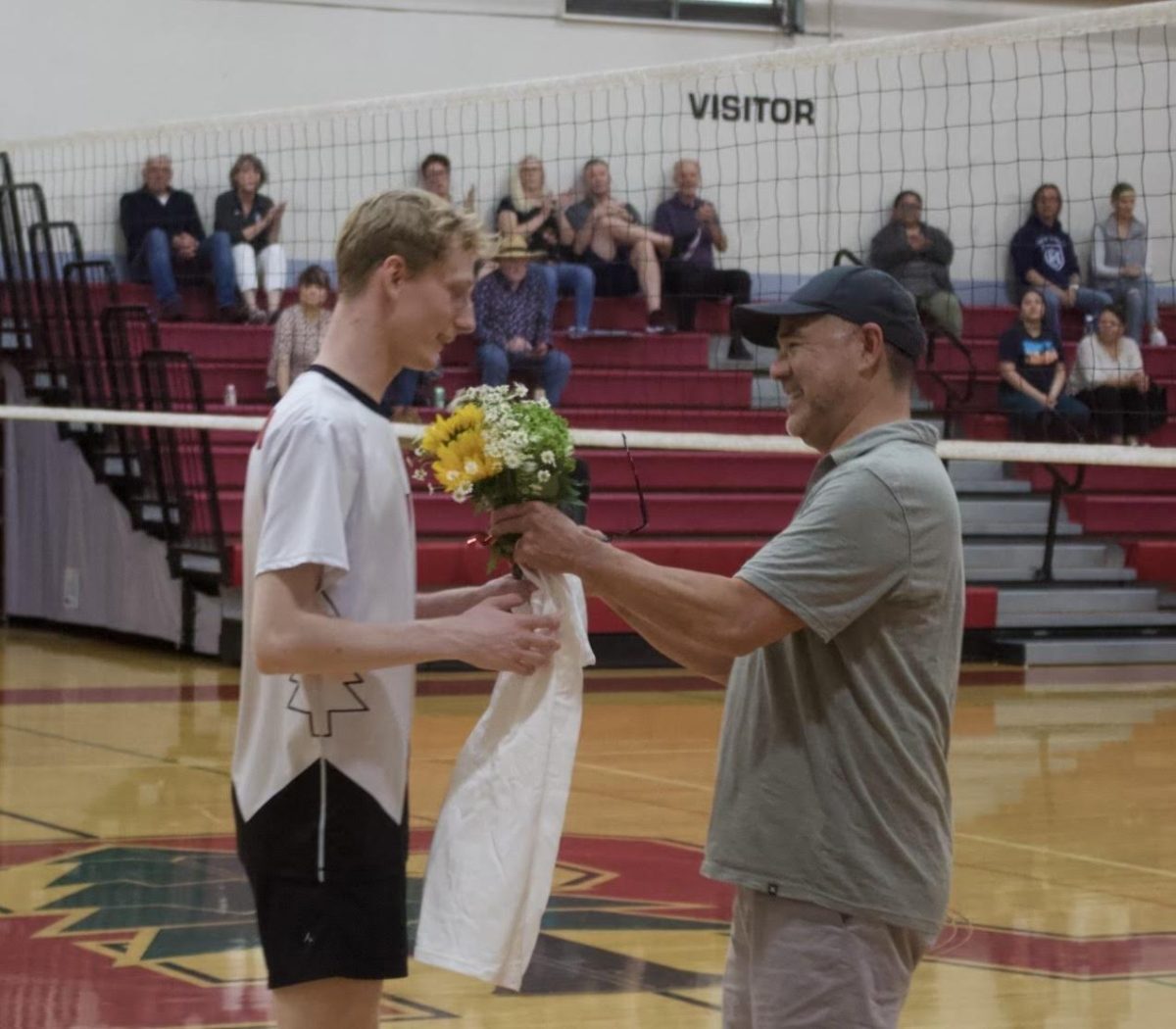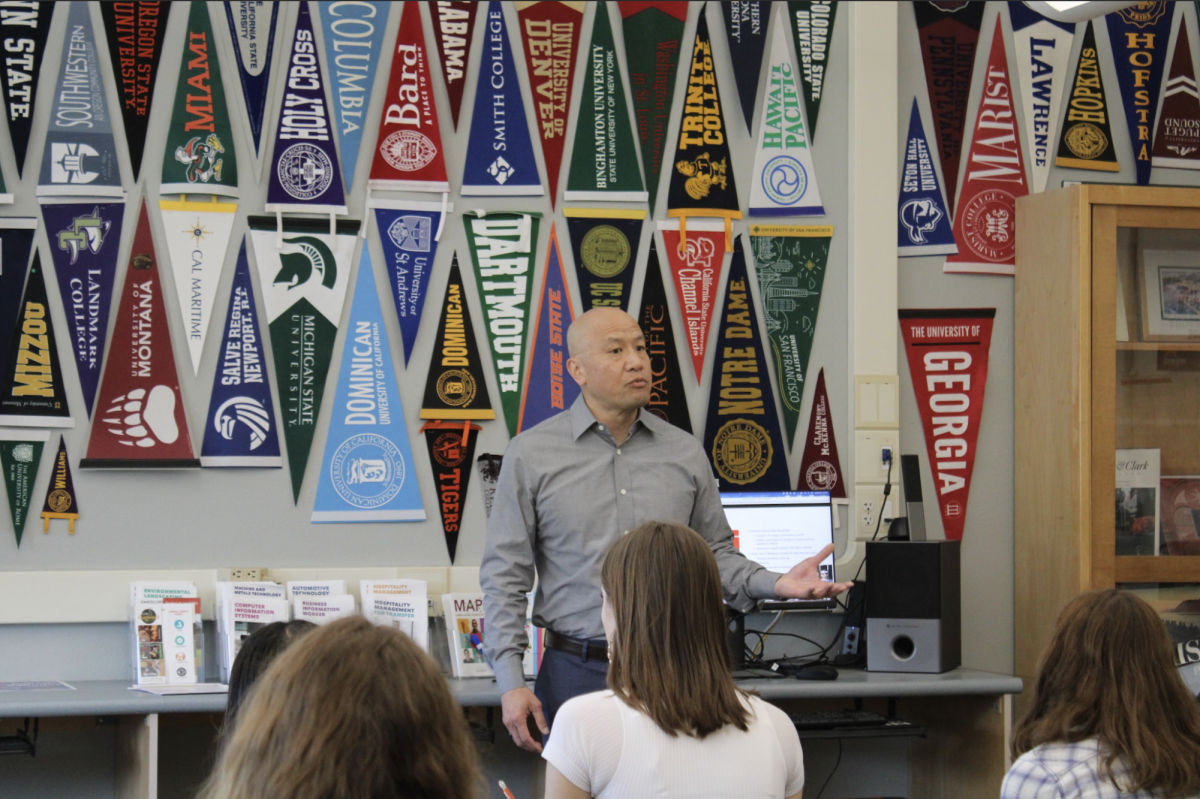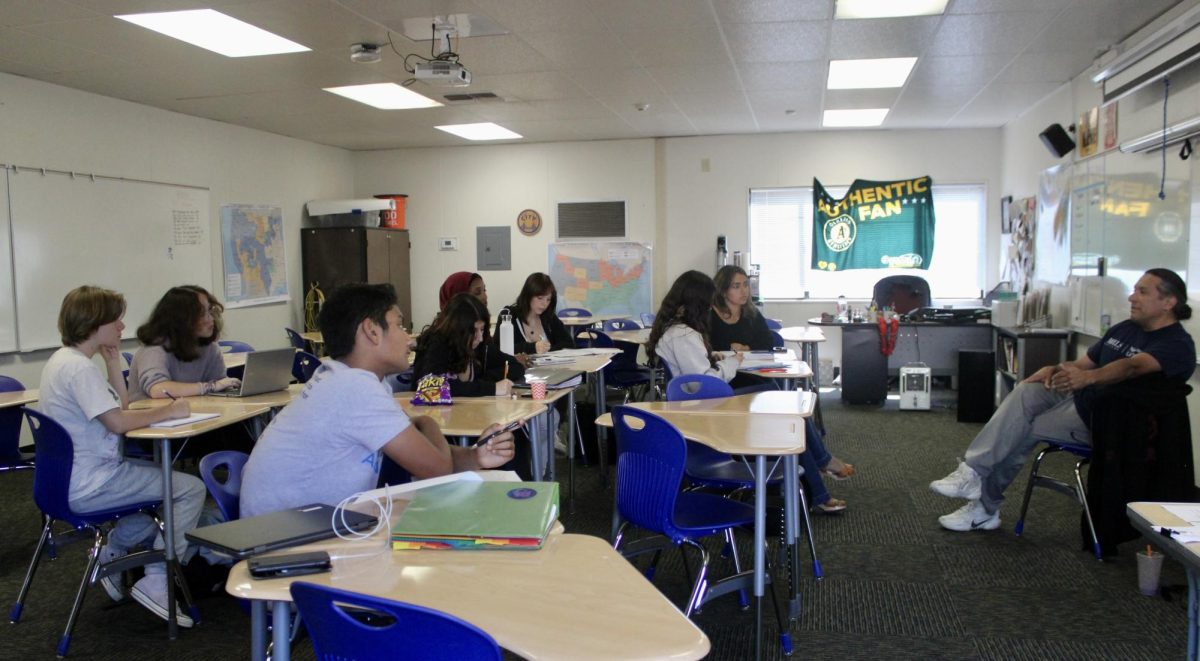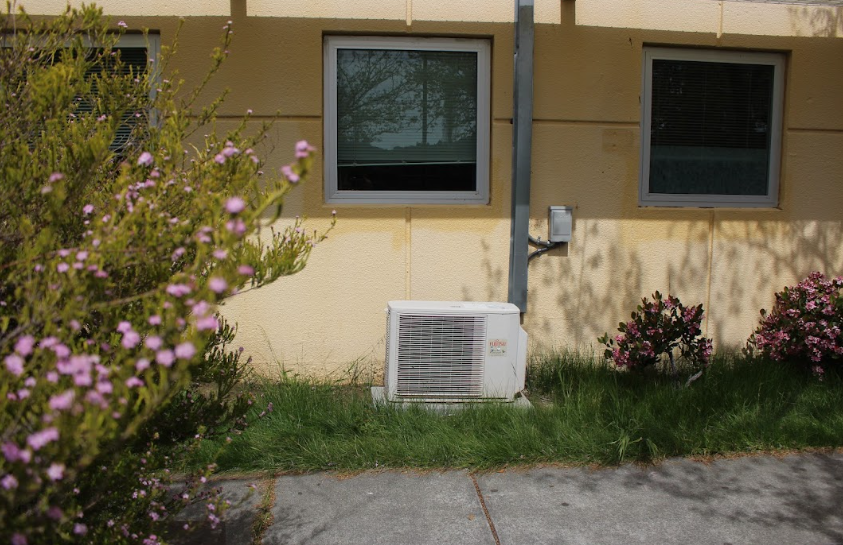A new quarter-acre farm was recently approved for the Redwood campus by the school board to aid in agricultural studies for various Redwood science classes.
Construction on the farm started on Oct. 12, which is being built behind the current ecology garden next to the pool.
To get the farm running, ecology teacher Joe Stewart is planning to partner with two nonprofit organizations, Global Student Embassy and Next Generation, to run a summer program that will teach students about growing sustainable food in a suburban environment.
The farm will be used by Sustainable Agriculture, a new class which Stewart hopes to have approved as an elective for the 2014-15 school year.
Unlike Ecology and AP Environmental Science classes, which focus on experimentation, Sustainable Agriculture will focus on food production.
Stewart, who first brought the idea of the farm to the school board, said that the Ecology and AP Environmental Science courses will also benefit from the farm.

“I’ve been running that ecology garden since 1997,” Stewart said. “Over the years I’ve always had a lot of interest in doing more production, increasing the scale. Instead of focusing on just experimenting and seeing just what basic plant needs are, now we are going to actually provide those needs on a larger scale and involve the community and get the students involved.”
The current ecology garden is used for experimentation and is focused on what will make plants grow, unlike the new farm, which will be largely based on the production on food and not on experimentation.
“The new farm will be different. The goal will be focusing on sustainable production, so though there will be experimentation, it will be much more about getting plants to grow so that they can be sold, donated, etc.,” Stewart said. “It is about production as opposed to field skills.”
Stewart said he hopes the food grown in the garden can be used by people all across Marin.
“Hopefully we will be able to sell it, or maybe give it to the cafeteria, or donate it to people who need it, or sell it to raise money for things.” Stewart said. “It remains to be seen, it depends on what the students want to do.”
Student involvement and community building are going to be big parts of the new farm.
“It will be a consensus process, similar to how things are done in drama,” Stewart said. “Students run and direct things under the supervision of teachers and community members.”
The new farm likely won’t be built without input from sports teams such as lacrosse and soccer, who use the field close to the site of the new farm for practices. However, Stewart doesn’t see sports teams as a potential hindrance to the development of the farm.
“No sports team really practices in that area,” Stewart said. “There’s a field, but that’s not where we’re going.”
Despite success with the neighboring ecology garden, the new farm will be uncharted territory for both teachers and students participating in its construction and use.
“Sure, there always are problems,” Stewart said. “You never know what the weather is going to be like. We are on marshland, so if we have significant high tides or flooding there is always concern that we might be exposed to brackish water, which is not good for this kind of thing.”
Even though there are potential problems, Stewart still believes that the farm will thrive.
“Mostly, I think we have things pretty well planned out. It will be fenced, we will have water access, and it’s a nice sunny spot. But I’m sure we will face challenges,” he said.

